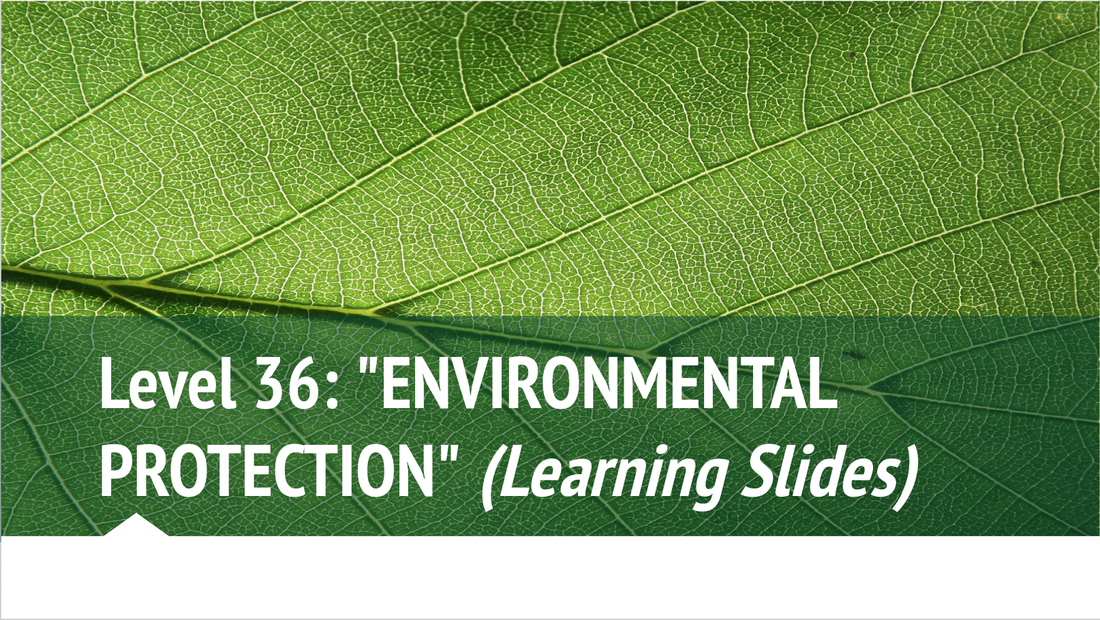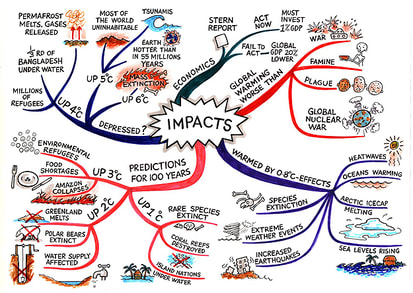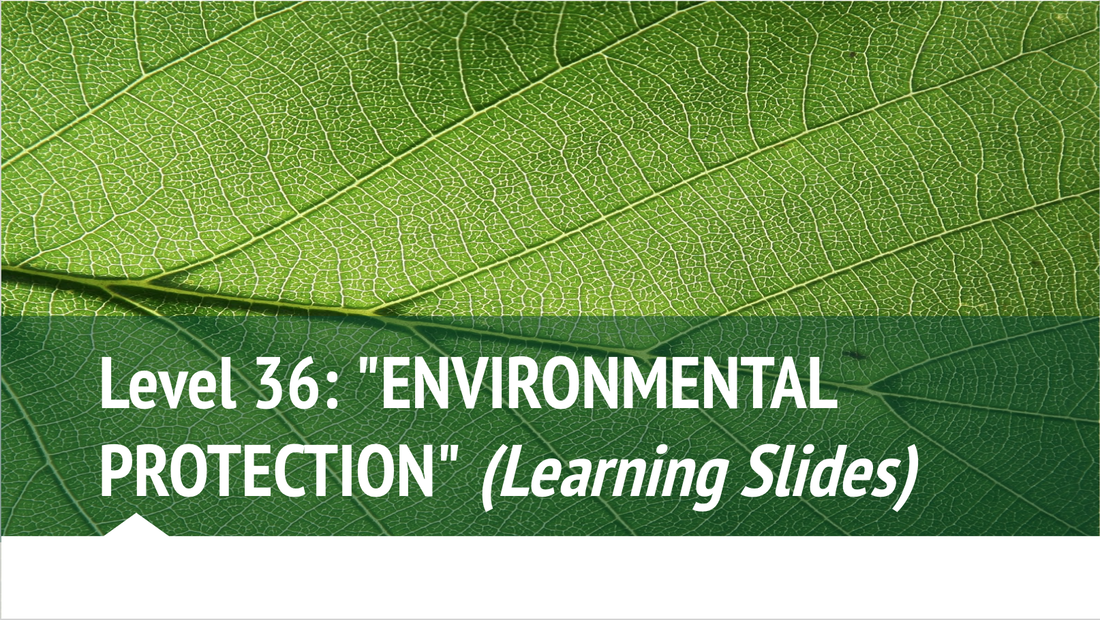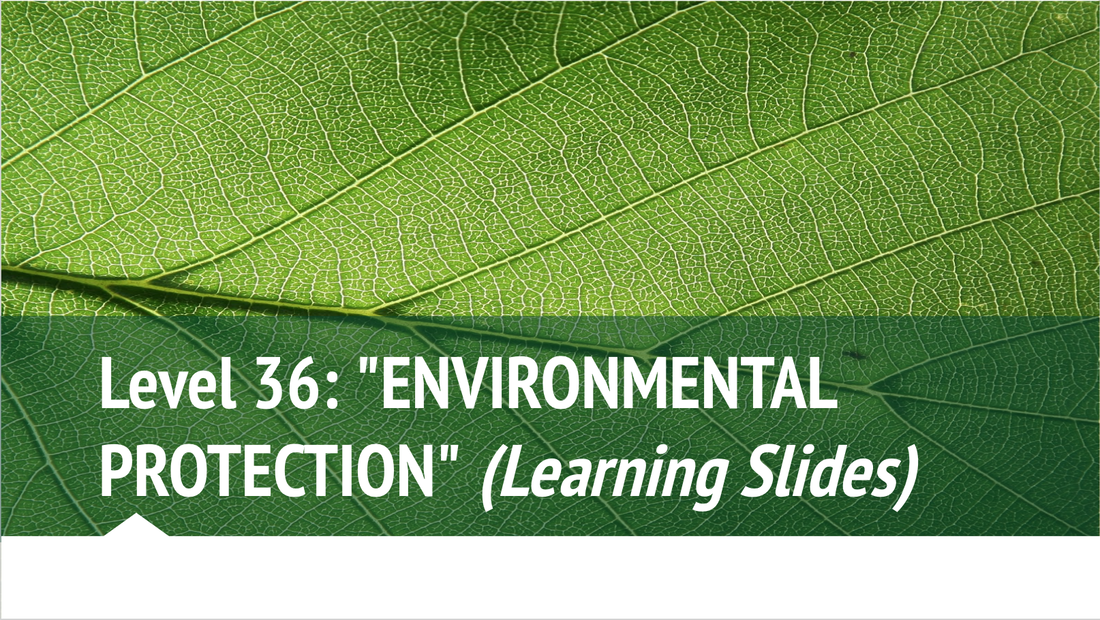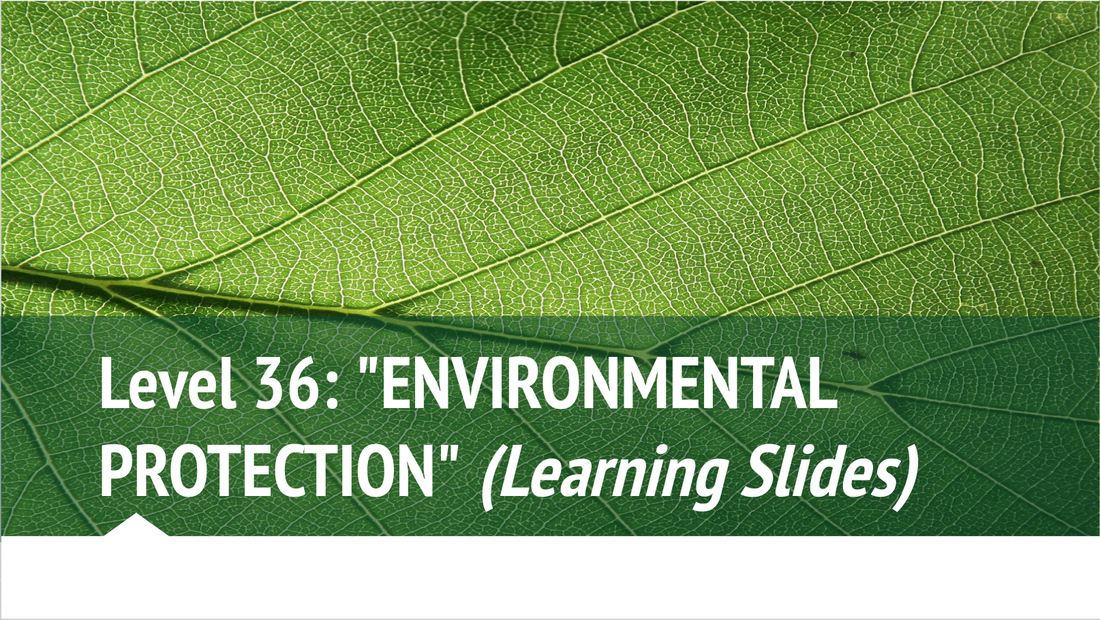Chapter 10: "Exodus"
HOW TO TALK ABOUT CONSEQUENCES
Preview
Lesson
Practice
Mastery
Preview
造成 (zào chéng) to cause; to give rise to [verb]
Examples:
1. 他的政治学教授这个学期上课经常迟到,造成很坏的影响。= His political science professor has frequently been late to class this semester, which has had a very negative impact.
2. 坏影响已经造成了,你只能好好表现,让大家慢慢忘了吧。= The damage has already been done. All you can do is be on your best behavior and let everyone slowly forget about it.
3. [TEXTBOOK] 还有汽车,不但要用很多能源,而且还对空气造成严重污染。
后果 (hòu guǒ) consequence; fallout; aftermath [noun]
不堪设想 (bù kān shè xiǎng) [of consequences] too ghastly to contemplate; unimaginable; extremely bad or dangerous
Examples:
轻松轻松 (qīng sōng qīng sōng) "to relax" [reduplicated adjective acting as verb]
Adjective Reduplication: There are two ways of reduplicating an adjective like 轻松: a “AABB” form and a “ABAB“ form.
Examples:
1. AABB:这次考试不难,她轻轻松松地就考了100分。= This time the exam wasn’t difficult. She easily scored a 100.
2. ABAB:快来!来凉快凉快吧。= Come here quickly to cool down. [凉快凉快 = make oneself cool]
3. 爷爷今年过八十岁生日,我们应该好好儿地热闹热闹。= This year is Grandpa’s eightieth birthday. We should have a big celebration and have a great time. [热闹热闹 = to make the celebration a lively festive occasion]
4. This kind of reduplication is sometimes preceded by the verb 使,让 or 叫:
- structure: subject A + 造成 + B situation
- 造成 is a verb. The object of 造成 is usually a two-syllable noun denoting an undesirable or unfavorable result.
Examples:
1. 他的政治学教授这个学期上课经常迟到,造成很坏的影响。= His political science professor has frequently been late to class this semester, which has had a very negative impact.
2. 坏影响已经造成了,你只能好好表现,让大家慢慢忘了吧。= The damage has already been done. All you can do is be on your best behavior and let everyone slowly forget about it.
3. [TEXTBOOK] 还有汽车,不但要用很多能源,而且还对空气造成严重污染。
后果 (hòu guǒ) consequence; fallout; aftermath [noun]
- 喝酒以后开车会有非常严重的后果。= Driving a car after drinking will have very serious consequences.
- 生病了以后马上去看医生,不然的话后果可能很不好。= After you get you sick you should see the doctor right away, otherwise the consequences might be bad.
- [TEXTBOOK] 还要让大家知道,如果再继续浪费能源,继续污染环境,后果会不堪设想。
不堪设想 (bù kān shè xiǎng) [of consequences] too ghastly to contemplate; unimaginable; extremely bad or dangerous
- 成语 (four character idiom): a set expression meaning that a situation is extremely, unimaginably bad.
Examples:
- 已经三个月没下雨了,再不下,后果会不堪设想。= It’s been three months since the last time it rained. If it doesn’t rain soon, I can’t imagine what will happen.
- 你再整天玩电脑,不学习,这样下去,前途 (qián tú) 不堪设想。= If you keep on playing with computers instead of studying, I can’t imagine what your future will be like.
- [TEXTBOOK] 还要让大家知道,如果再继续浪费能源,继续污染环境,后果会不堪设想。
轻松轻松 (qīng sōng qīng sōng) "to relax" [reduplicated adjective acting as verb]
- This is an example of an adjective that can be reduplicated like a verb.
Adjective Reduplication: There are two ways of reduplicating an adjective like 轻松: a “AABB” form and a “ABAB“ form.
- The reduplicated form “AABB” is 轻轻松松. This form of reduplication has a “heightening” or stressing effect.
- The reduplicated form “ABAB”” is 轻松轻松. This form of reduplication causes the adjective to behave like a verb. In this case, 轻松轻松 = “to have some fun or do whatever to make one feel more relaxed.”
Examples:
1. AABB:这次考试不难,她轻轻松松地就考了100分。= This time the exam wasn’t difficult. She easily scored a 100.
2. ABAB:快来!来凉快凉快吧。= Come here quickly to cool down. [凉快凉快 = make oneself cool]
3. 爷爷今年过八十岁生日,我们应该好好儿地热闹热闹。= This year is Grandpa’s eightieth birthday. We should have a big celebration and have a great time. [热闹热闹 = to make the celebration a lively festive occasion]
4. This kind of reduplication is sometimes preceded by the verb 使,让 or 叫:
- 你把这个好消息告诉他,使/让/叫他高兴高兴。= Tell him the good news to cheer him up. [使/让/叫他高兴高兴 = to make him happy]
Lesson
Practice
TRAIN: write 3 sentences each using the following grammar structures:
SPEAK: discuss the possible consequences of the following crises: an economic crisis, gender inequality, and world war.
WRITE: respond to the following question: "气候变化可能造成什么样的后果?"
RESEARCH: research the consequences of climate change, referring to the following picture. Summarize your findings.
- 造成
- Adjective Reduplication: "AABB"
- Adjective Reduplication: "ABAB"
SPEAK: discuss the possible consequences of the following crises: an economic crisis, gender inequality, and world war.
WRITE: respond to the following question: "气候变化可能造成什么样的后果?"
RESEARCH: research the consequences of climate change, referring to the following picture. Summarize your findings.
Mastery
DICTATION: write the Chinese characters, English definition, and pinyin (including tones):
GRAMMAR: complete the following exercises:
READING: read aloud the following sentences:
SPEAKING: perform the following conversation tasks:
- 造成,后果,不堪设想,轻轻松松
- TARGET: no more than 1 mistake, including tones.
GRAMMAR: complete the following exercises:
- Translate: Cars not only consume lots of energy, but also cause serious air pollution.
- BONUS (Rule): in English, Explain how Adjective Reduplication works in Chinese. (Note: There are two different ways of reduplicating an adjective. Describe in detail the structure of each method.)
- BONUS (Rule): in English, Compare and contrast "轻轻松松" and "轻松轻松". Explain the structure of each expression and how they differ. Give examples of usage for each.
- TARGET: no grammar mistakes.
READING: read aloud the following sentences:
- 还有汽车,不但要用很多能源,而且还对空气造成严重污染。
- 还要让大家知道,如果再继续浪费能源,继续污染环境,后果会不堪设想。
- 今天是星期六,大家都想轻松轻松...
- TARGET: no more than 1 mistake, including tones.
SPEAKING: perform the following conversation tasks:
- Talk what gives rise to, or causes, different problems [using 造成].
- Talk about the consequences of environmental pollution. How serious are they?
- TARGET: at least a 3 on ALL tasks.
Chapter 11: "Conspiracy Revealed! Moment of Decision"
HOW TO TALK ABOUT DILEMMAS
Preview
Lesson
Practice
Mastery
Preview
从...做起 (cóng...zuò qǐ) to start with...
Examples:
从小地方做起 to start from a small place
可不是吗? (kě bú shì ma?) isn't that so? how true!
阴谋 (yīn móu) conspiracy
吧...吧... (ba...ba...) suggests two alternatives
Examples:
1. 我的车旧了,最近老有问题。买新的吧,没有钱,不买新的吧,旧车又不可靠,真难办。= My car is old, and lately it’s been having many problems. I could buy a new one, but I don’t have the money. I could keep the old one, but it’s not reliable. I don’t know what to do.
2. 住在成里吧,上,下班,购物都很方便,可是空气不太好;住在城外吧,环境好,空气新鲜,但做什么都不太方便。= If you live in town, commuting and shopping are convenient, but the air quality is not so good. If you live in the suburbs, the environment is good and the air is fresh, but everything is quite inconvenient.
3. [TEXTBOOK]可是怎么去呢?坐出租车吧,太贵,而且也没意思;坐公交车吧,人太多,太挤。= But how should they get there? Taking a cab would be too expensive, and boring, too. Public transportation is too full of people, too crowded. Ke Lin comes up with an idea--biking!
- structure: “subject + 从+ object + 做起”
- 从...做起 means “to start with.” 起 means “to begin.”
Examples:
- 保护环境应该从节约能源做起。= Protecting the environment should start with the conservation of energy.
- 男女平等应该从日常生活,懂每个家庭做起。= Equality between men and women should begin with everyday life and every family.
从小地方做起 to start from a small place
- [TEXTBOOK]我们应该从小地方做起,比如随手关灯,节约用水。= We should start small. For example, we should turn off the lights [whenever we don’t need them] and conserve water.
可不是吗? (kě bú shì ma?) isn't that so? how true!
- Used to express agreement with another speaker. It is used in spoken Chinese.
- A:听说雪梅的舅舅和舅妈感情特别好。/ B:可不是吗,他们从来没吵过架。= A: I hear that Xuemei’s uncle and aunt love each other very much. / B: That’s very true. They’ve never quarreled with each other.
- A:最近能量危机越来越严重。/ B:可不是吗?我们每个人都应该尽可能节约能愿。从小地方做起,比如随手关灯,节约用水,少开车等等。= A: The energy crisis has been getting even worse recently. / B: How true! We should all do our best to save energy, starting with small things like turning off the lights behind us, conserving water, driving less, and so on.
- [TEXTBOOK]可不是吗,太浪费了。
阴谋 (yīn móu) conspiracy
- 这个阴谋太大了! = This conspiracy is too big!
吧...吧... (ba...ba...) suggests two alternatives
- “alternative 1 + 吧, merits of alternative 1, alternative 2 + 吧, merits of alternative 2”
- This construction, usually found in spoken Chinese, suggests two alternatives. It is used to indicate that the speaker is in a dilemma and unable to make a decision.
Examples:
1. 我的车旧了,最近老有问题。买新的吧,没有钱,不买新的吧,旧车又不可靠,真难办。= My car is old, and lately it’s been having many problems. I could buy a new one, but I don’t have the money. I could keep the old one, but it’s not reliable. I don’t know what to do.
2. 住在成里吧,上,下班,购物都很方便,可是空气不太好;住在城外吧,环境好,空气新鲜,但做什么都不太方便。= If you live in town, commuting and shopping are convenient, but the air quality is not so good. If you live in the suburbs, the environment is good and the air is fresh, but everything is quite inconvenient.
3. [TEXTBOOK]可是怎么去呢?坐出租车吧,太贵,而且也没意思;坐公交车吧,人太多,太挤。= But how should they get there? Taking a cab would be too expensive, and boring, too. Public transportation is too full of people, too crowded. Ke Lin comes up with an idea--biking!
Lesson
Practice
TRAIN: write 3 sentences each using the following grammar structures:
DETECTIVE: find and fix the mistakes (highlight for the correct answer):
---
BRAINSTORM: with a partner, brainstorm possible answers to the following questions:
WRITE: go to the website Will You Press the Button? and find an interesting dilemma. In pairs, discuss that dilemma and write a paragraph summarizing the advantages and disadvantages of your choice!
- 从...做起
- 吧...吧...
DETECTIVE: find and fix the mistakes (highlight for the correct answer):
- A: 吧继续学中文,很有用;吧不继续学中文,很轻松。
- B: 要吧跟马克走,我不需要找路,跟丽莎走,那吧我们可以购物。
- C: 去州立大学,会省钱吧,去私立大学,会有更多找工作的机会吧。
---
- A: 继续学中文吧,很有用;不继续学中文吧,很轻松。
- B: 跟马克走吧,我不需要找路,跟丽莎走吧,我们可以购物。
- C: 去州立大学吧,会省钱,去私立大学吧,会有更多找工作的机会。
BRAINSTORM: with a partner, brainstorm possible answers to the following questions:
- 节约能源可以从什么做起?
- 减少白污染可以从什么做起?
- 锻炼身体可以从什么做起?
- 提高中文水平可以从什么做起?
WRITE: go to the website Will You Press the Button? and find an interesting dilemma. In pairs, discuss that dilemma and write a paragraph summarizing the advantages and disadvantages of your choice!
Mastery
DICTATION: write the Chinese characters, English definition, and pinyin (including tones):
GRAMMAR: complete the following exercises:
READING: read aloud the following sentences:
SPEAKING: perform the following conversation tasks:
- 从小地方做起,可不是吗?,阴谋,*吧...吧...*
- TARGET: no more than 1 mistake, including tones.
GRAMMAR: complete the following exercises:
- BONUS (Translate): How to get there? Taking a cab, well, that would be too expensive; taking a public bus, well, it's too full of people and crowded. [...吧,...吧]
- TARGET: no grammar mistakes.
READING: read aloud the following sentences:
- 男女平等应该从日常生活,从每个家庭做起。
- 我们应该从小地方做起,比如随手关灯,节约用水。
- A:听说雪梅的舅舅和舅妈感情特别好。/ B:可不是吗,他们从来没吵过架。
- 可不是吗,太浪费了。
- 这个阴谋太大了!
- BONUS: 可是怎么去呢?坐出租车吧,太贵,而且也没意思;坐公交车吧,人太多,太挤。
- TARGET: no more than 1 mistake, including tones.
SPEAKING: perform the following conversation tasks:
- Talk about conspiracies.
- Talk about difficult problems or dilemmas.
- Consider appropriate small steps to resolve difficult problems or dilemmas. [using 从...做起]
- TARGET: at least a 3 on ALL tasks.
Chapter 12: "Dark Wings, Dark Words"
HOW TO THINK OF IDEAS
Preview
Lesson
Practice
Mastery
Preview
想起来 (xiáng qǐ lái) to recall something that has been forgotten
想出来 (xiǎng chū lái) to come up with a new way, method, etc.
加油 (jiā yóu) to make an extra effort; to work harder; to refuel
- 想=verb,起来=abstract direction complement that signifies an action that starts to take place
- 这个人我十年前见过,他叫什么名字我想不起来了。= I met this person ten years ago, I can’t think of his name.
- 我去过,可是忘了...我想起来了,就在老人活动中心旁边。= I’ve been there, but I’ve forgotten...I remember now. It’s next to the Senior Citizens’ Activity Center.
想出来 (xiǎng chū lái) to come up with a new way, method, etc.
- 想=verb,出来=abstract direction complement that signifies a change from having nothing to having something
- A:你的孩子快出生了,叫什么名字,你想出来了吗?/B:我们给孩子想出来一个很好听的名字。= A: Your child will be born soon. Have you come up with a name yet? / B: Yes, we’ve come up with a very nice-sounding name for the child.
- 这件事虽然很麻烦,但是他想来想去,还是想出来一个解决的方法。= Although this problem is very complicated, he dwelled on it for a long time and came up with a way to solve it.
- [TEXTBOOK]柯林想出了一个注意,骑自行车!= Ke Lin comes up with an idea--biking!
加油 (jiā yóu) to make an extra effort; to work harder; to refuel
- literally, to “add oil (to a frying pan).” 加=add,油=oil. This cooking metaphor is often translated as “let’s go!” or “do it!”
- Can also refer to stepping on the gas (i.e. adding oil to make the car go faster)
- [TEXTBOOK] 我们开始爬山吧,看谁先到山上!加油!
Lesson
Practice
TRAIN: write 3 sentences each using the following grammar structures:
DETECTIVE: find and fix the mistakes (highlight to see the correct answer):
---
POSTER: make a poster exhorting your fellow students to protect the environment and conserve energy. What can they do differently to be better environmental citizens? What can the school do differently? Talk about: water use, renewable energy, recycling, and waste. Think of a few environmental "slogans" (i.e. "保护水环境人人有责").
SPEAK: tell your partner about something you came up with in the past, which you just remembered.
WRITE: write a short story about a husband and a wife. It's the wife's birthday, but the husband completely forgot it. The wife tries to hint it's her birthday, but her husband is continually oblivious. A fight ensues...
- 想起来
- 想出来
DETECTIVE: find and fix the mistakes (highlight to see the correct answer):
- 我刚想起来一个新方法教中文。
- 他特别不喜欢奶酪,现在想不出来原因。
---
- B: 我刚想出来一个新方法教中文。
- C: 他特别不喜欢奶酪,现在想不起来原因。
POSTER: make a poster exhorting your fellow students to protect the environment and conserve energy. What can they do differently to be better environmental citizens? What can the school do differently? Talk about: water use, renewable energy, recycling, and waste. Think of a few environmental "slogans" (i.e. "保护水环境人人有责").
SPEAK: tell your partner about something you came up with in the past, which you just remembered.
WRITE: write a short story about a husband and a wife. It's the wife's birthday, but the husband completely forgot it. The wife tries to hint it's her birthday, but her husband is continually oblivious. A fight ensues...
Mastery
DICTATION: write the Chinese characters, English definition, and pinyin (including tones):
GRAMMAR: complete the following exercises:
READING: read aloud the following sentences:
SPEAKING: perform the following conversation tasks:
- 想起来,想出来,加油
- TARGET: no more than 1 mistake, including tones.
GRAMMAR: complete the following exercises:
- Rule: In English, explain the difference between 想起(来) vs. 想出(来). Talk about the structure of each phrase (including the complements used), and give examples of how they would be used in different contexts.
- Translate: I can't think of ["recall"] his name!
- Translate: Colin thought of ["came up with"] an idea: ride bikes!
- BONUS (Rule): in English, explain what an "abstract compound directional complement" is. What is this type of complement used for? How are "想出来" and "想起来" examples?
- TARGET: no more than 1 grammar mistake.
READING: read aloud the following sentences:
- 这个人我十年前见过,他叫什么名字我想不起来了。
- 柯林想出了一个注意,骑自行车!
- 我们开始爬山吧,看谁先到山上!加油!
- TARGET: no more than 1 mistake, including tones.
SPEAKING: perform the following conversation tasks:
- Talk about remembering something you have forgotten.
- Talk about coming up with new ideas.
- Encourage someone to make an extra effort!
- TARGET: at least a 3 on ALL tasks.
Chapter 13: "City in the Clouds"
HOW TO TALK ABOUT HIKING IN THE MOUNTAINS
Preview
Lesson
Practice
Mastery
Preview
|
|
爬山 (pá shān) to hike in the mountains, to climb mountains
段 (duàn) measure word for section, segment, or part
推 (tuī) to push; to shove
出汗 (chū hàn) to sweat
|
Lesson
Practice
SPEAK: discuss with a partner the pros and cons of mountain climbing or hiking in the mountains.
WRITE: write a short story about a mountain hike gone horribly wrong.
WATCH: listen to the following song and write down some key lines.
WRITE: write a short story about a mountain hike gone horribly wrong.
WATCH: listen to the following song and write down some key lines.
Mastery
DICTATION: write the Chinese characters, English definition, and pinyin (including tones):
READING: read aloud the following sentences:
SPEAKING: perform the following role-play:
- 爬山,一段路,推,出汗
- TARGET: no more than 1 mistake, including tones.
READING: read aloud the following sentences:
- 周末爬山是锻炼身体的好办法。
- 我们开始爬山吧,看谁先到山上!加油!
- 骑了很长的一段路以后,有点热,也有点儿累。
- 就下了车,一边推着车,一边聊了起来。
- 你们还记得吗,我们美国学校的教室,冬天穿衬衫还出汗,夏天穿毛衣还冷得不得了。
- TARGET: no more than 1 mistake, including tones.
SPEAKING: perform the following role-play:
- Avid Hiker: you love hiking and exercise!
- Plan your weekend trip to go hiking/climbing in the mountains.
- To be environmentally-friendly, propose to ride bikes to the mountain. (But you will have to push your bike along certain sections of road, due to the steepness).
- Reluctant Hiker: you hate hiking and exercise!
- Plan your weekend trip to go hiking/climbing in the mountains.
- Complain about pushing your bike uphill and sweating a lot!
- TARGET: at least a 3 on ALL tasks.
MINIBOSS #3: ACT 3 REVIEWMastery Challenge 1 (Vocabulary and Grammar):
Mastery Challenge 2 (Speaking):
BONUS CHALLENGES:
|
© 2019 Hugo Xiong. [email protected]

